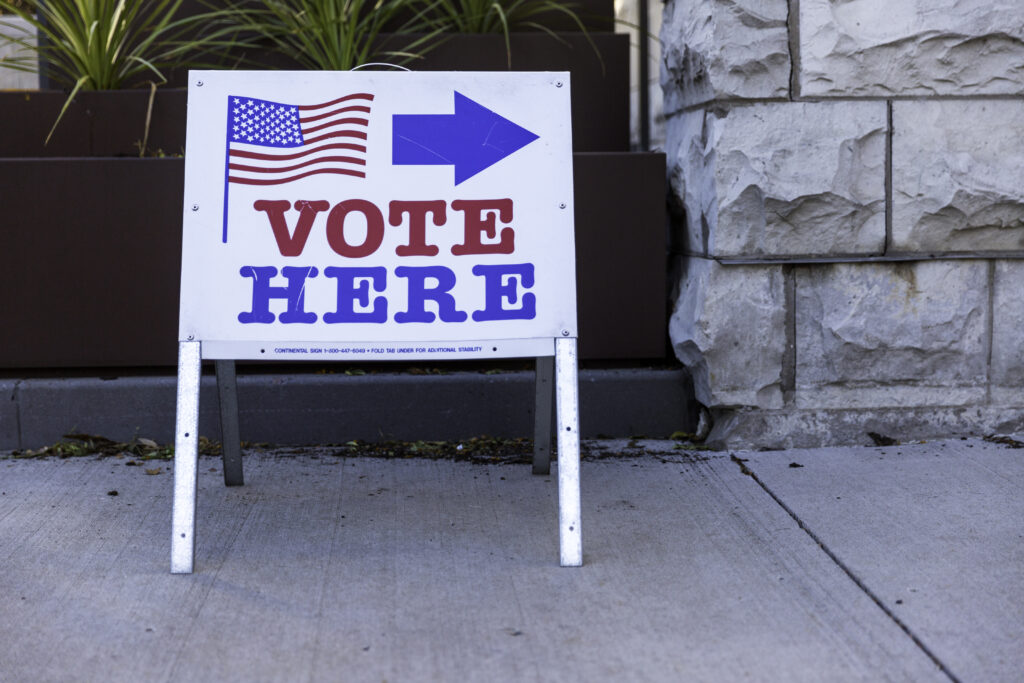The U.S. government has started the process of withdrawing from the Universal Postal Union (UPU).
The UPU is a 193-member international body established in 1874 to facilitate mail delivery between countries. The organization also oversees the rates national postal services charge for handling each other’s mail.
The UPU requires the U.S. Postal Service (USPS) to charge other nations’ postal services less than its standard handling fees, called “terminal dues,” for shipments to the United States from certain foreign countries, including China. The discounted fees give foreign companies shipping goods from those countries an unfair cost advantage over U.S. companies that ship goods, White House Press Secretary Sarah Sanders stated on October 17. The subsidized rates also hurt the U.S. Postal Service because it costs USPS more to handle the packages than the fees the UPU allows it to charge, Sanders said.
During the year-long withdrawal process, the Trump administration will seek to renegotiate those UPU rules, said Sanders.
‘This Outdated Mandate’
The problem is the UPU requires the U.S. Postal Service (USPS) to subsidize certain types of packages sent from China into the United States, placing American businesses at a disadvantage in their own market and contributing to the fiscal problems of the USPS, says Edward Hudgins, research director for The Heartland Institute, which publishes Budget & Tax News.
“Decades ago, UPU adopted a system mandating postal services in developed countries like the United States charge postal services in the poorest countries lower terminal dues, which often do not cover their costs, as a way for the former to help the latter,” said Hudgins.
“At the time, China was not a major shipper, but now it is an economic giant,” Hudgins said. “Yet, the UPU rule requires America’s postal service to handle Chinese packages of around four pounds for less than it costs USPS. The USPS lost around $75 million in 2014 because of this outdated mandate.”
Unfair Cost Advantage
The artificially low terminal fees give Chinese businesses a very big cost advantage over American companies, says Hudgins.
“Chinese merchants can mail their already low-priced products 6,000 miles across the Pacific Ocean for a fraction of the cost to an American company to mail a similar product just 600 miles to the same address,” Hudgins said.
In addition, low charges to ship products to the United States facilitate trade in counterfeit products from China, says Hudgins.
“American companies are often undersold by Chinese companies selling counterfeit American products in violation of patent and copyright protections,” said Hudgins. “Furthermore, if American consumers need to return defective products purchased from China, the shipping costs might be ten times the cost of the product.”
The Trump administration has tried to negotiate a rule change with the UPU, says Hudgins.
“The UPU has a one-country, one-vote policy, and other members would not play fair with the United States,” said Hudgins. “Thus, the Trump administration gave the UPU notice. It has one year to fix its obsolete and unfair regulations or the United States will go its own way, and China can see what it’s like to fare in a truly fair market.”
Jim Lakely ([email protected]) is director of communications for The Heartland Institute.





